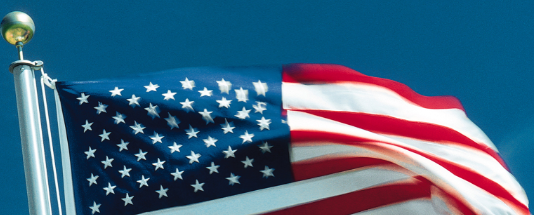
Misleading Survey on SSM and Religious Freedom
Last week Third Way and the Human Rights Campaign released a survey, “Americans Agree: Marriage for Gay Couples Doesn’t Threaten Religious Liberty.” The survey purports to show that “Americans are not only solid in their support for allowing gay couples to marry, but they are strongly supportive of non-discrimination laws and opposed to any new legislation that would allow services to be denied to gay individuals or couples. In fact, when it comes to religious exemptions, voters are clear that they should be limited to places like churches and synagogues and people like pastors, priests, and rabbis.”
No doubt there is significant sentiment exactly like this in the American public: many people do think that it is immoral discrimination when a faith-based organization follows its religious convictions about appropriate conduct; many do think that religious freedom does, and should, protect only houses of worship and the clergy. But this survey is not good evidence of these troubling developments.
The survey hasn’t gotten much notice, and rightly so: The number of people surveyed was small, leading to very large margins of error: “+/- 3.5 and [even] larger for subgroups”–such as for the results reported for “Christians.” The exact wording of questions is not provided. There is no explanation of how the subgroups are defined–in particular, who was counted as a “Christian.” And the polling group used was Anzalone Liszt Grove, which proudly lists its activities as “Polling. Message. Strategy.” and announces of one of its principals, “In the last decade, John has helped beat more incumbent Republicans and taken back more Republican seats than any other polling firm in the nation.” Perhaps this survey was not a disinterested pursuit of complicated research.
And there are also these other major problems:
The survey, or at least the report, does not distinguish carefully enough between views about the legitimacy of differential treatment provided by different kinds of entities–e.g., a religious charity rather than a small business.
And because the report combines views about banning sexual orientation discrimination that are held by respondents who live in states that have such a ban with views from other respondents who live where there is no such ban, it is not clear just what the respondents actually believe.
The report says that most Americans already think it is illegal for a small business to discriminate in providing services. It then claims–based on its limited sample–that two-thirds of voters believe that “our laws already strike the right balance when it comes to religious liberty and small business, and we should not change that.”
But a significant number of those surveyed live where there is no ban on sexual orientation discrimination. What they experience is, apparently, a rather peaceful modus vivendi. It must be rare for a gay person in those states to be mistreated by businesses, religious charities, government officials, or else the respondents would not think that there is already a law banning such discrimination–and yet there is actually no such law. What many of the respondents favor, then, is the status quo in which there is actually no legal restriction on religious freedom with regard to making decisions concerning sexual orientation. The views of these respondents cannot be turned into a demand for a strong ban on sexual orientation discrimination with a narrow exemption for churches and ministers.
